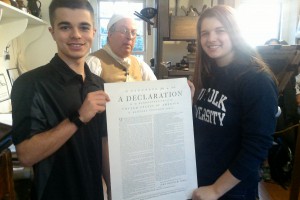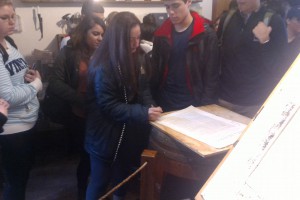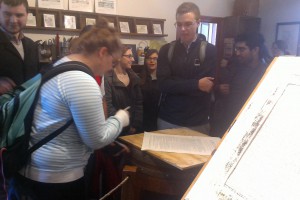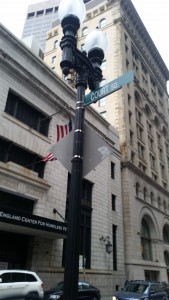In Franklin’s seventh essay under his pseudonym of Silence Dogood, written in June of 1722, he discusses the apparent lack of great poetry in New England. Addressing the fact that many European foreigners who visit America say that “good poetry is not to be expected in New-England”, Franklin argues that this is not due to the lack of education in the colonies, or that New Englanders simply don’t have the minds to be good writers, but because of a lack of “Praise and Encouragement”. Franklin goes on to example samples of poetry which he considers “exceptional”, arguing that encouraging great poetry will result in more “excellent productions” which will incite Americans to “endeavour to discover to the World some of its Beautys”. Franklin goes on rather sardonically, admitting that many and most poets are “wretchedly Dull and Ridiculous” (as well as the very elegy he cites as “exceptional”), and goes on to detail how they may write a “good” elegy.
Franklin’s devotion to good writing and its popular publication is evident here, as is his sarcastic and teasing nature. Most profound in this essay is certainly his stress on beautiful poems and elegies; he quotes considerable excerpts from those which he considers “extraordinary” and stresses the importance of such poems being lauded, so that more beautiful written work may be produced, contributing to the culture and growth of New England and America as a whole. In truth, he is mocking this poem as well as New England poets on the whole. Despite the teasing nature of much of the essay, though, it is not to be doubted that Franklin ardently believed in the spread of well-written works, and such a belief can be seen in his personal practices to improve his own writing, and his later works and commitments throughout his life. Overall, his attitude in this essay reflects two key facets of his personality: his dedication to writing, and his satirical nature.





